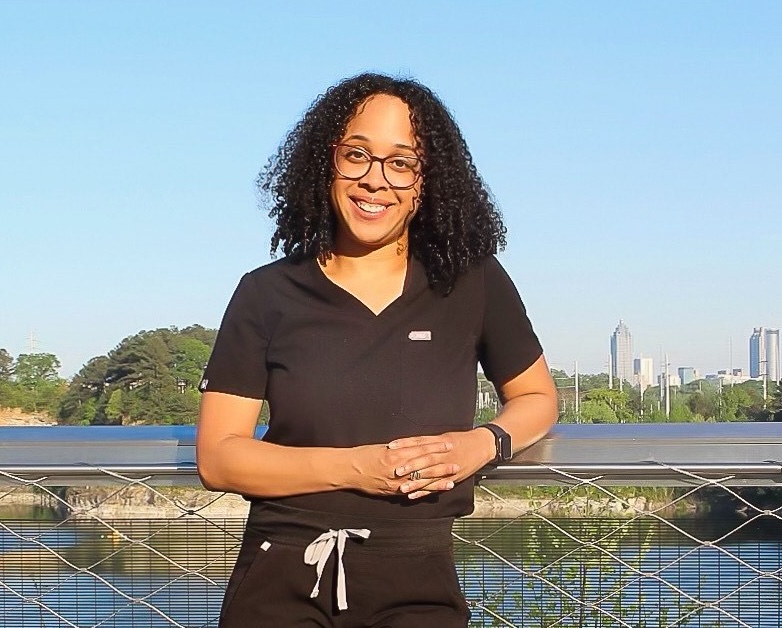Mental health is a critical matter in our community, yet it is often hidden and minimized behind the curtains of stigma, misconceptions, and embarrassment. National Minority Mental Health Awareness Month, observed every July, raises awareness and advocates for mental health equity. During this time, we pay particular attention to the unique disparities endured by our community and other racial and ethnic minority groups. For instance, in 2021, the National Survey on Drug Use and Health (NSDUH) found that of the 21% of Black Americans who reported having a mental health concern, only 39% of those individuals received mental health services, now that’s concerning.
How it Started
Fortunately, there have been individuals who, like us, value our collective well-being and recognize the urgent need for broader access to mental health services and a shift in the narrative surrounding mental health within our community. One of those individuals was Bebe Moore Campbell; her dedication to mental health advocacy led to the establishment and recognition of National Minority Mental Health Awareness Month.
Campbell was an influential American author, journalist, teacher, and passionate advocate for mental health. She used her literary talent to explore the intricate themes of race, family, and mental wellness. For Campbell, this advocacy wasn’t only professional. It was deeply personal, stemming from her own family’s firsthand encounter with mental illness.
She found a way to include the mental health narrative into the complexity of the Black experience. Her notable work, “72 Hour Hold,” tells the story of a mother struggling with her daughter, who has bipolar disorder, and their journey of navigating treatment in an inadequate mental health care system. Campbell extended her advocacy to younger audiences as well. She wrote, “Sometimes My Mommy Gets Angry.”
This book tells the story of a young girl named Annie, whose mother has a mental illness. Campbell recognized the importance of mental health advocacy across generations. Her catalog continues to resonate and uphold her legacy, even after passing. Her contributions have left an irreplaceable mark on literature, history, and the extensive discussion of mental health.
As a result of Campbell’s determined effort, in 2008, the U.S. House of Representatives designated July as Bebe Moore Campbell National Minority Mental Health Awareness Month, nearly two years after her passing. Cambell is recognized nationally for bringing the conversation about mental health in minority communities to the forefront, destigmatizing mental health issues, and shedding light on the disparities.
You Can Make a Difference Too
If you are inspired by Campbell’s initiatives and passion for mental health, there are a few ways that you could participate and make a difference this month. First and foremost, it is essential to understand that advocacy manifests differently in everyone. What you might perceive as “small acts” can be powerful examples of advocacy. Here are some ways that you can make a difference.
Educate Yourself
Learn more about mental health, specifically within our community. According to Columbia University, our community is at a significantly increased risk of developing mental health issues due to historical, economic, social, and political influences that systemically expose us to factors known to be damaging to our psychological and physical health. The disparities within our community are not a new phenomenon. They have existed for generations. Research suggests that we are subject to intergenerational trauma because of enslavement, oppression, colonialism, racism, segregation, and all the systemic remnants that exist today. And setting boundaries is critical in maintaining your mental health.
As reported by the National Library of Medicine, the disparities in mental health care that our community faces can be attributed to a multitude of factors beyond just financial constraints. Many people in our community face the harsh reality of double discrimination. For instance, a Black woman may find herself at the receiving end of prejudice, not only for her gender but also for being a person of color. We may also be confronted with microaggressions; these subtle yet harmful interactions and behaviors perpetuate stigmas associated with our community, pushing us farther away from seeking the help we need. This can lead to institutional mistrust, as we may experience a lack of trust in the medical system, and some of us may even fear the outcome of seeking mental health care.
So, we encourage you to invest time in understanding the disparities in your state or delve into your family’s mental health history. All good things begin with knowledge.
Speak Up
Use what you learn about mental health to speak up. Whether mentioning awareness pointers over a family dinner, using social media, or attending a community event, don’t be afraid to speak up about mental health in our community. You may even find more joy in volunteering. Many organizations are doing incredible work to provide culturally competent care, conduct research, and advocate for policy changes. Find a way to contribute that resonates with you the most and explore your city’s opportunities.
Practice Self Care
Mental health starts with you. Prioritize caring for your mental health and encourage others to do the same. You may want to meditate, immerse yourself in a good book, spend time with friends, indulge in a spa day, or embrace the art of doing nothing. Self-care is different for everyone. Listen to your intuition and do the things that bring you joy. If you need guidance from a mental health professional, don’t hesitate to pursue that journey. Despite the numerous barriers we encounter in accessing mental health care, we deserve quality services. You may want to invest additional time in finding a therapist who aligns with your cultural background. It is okay to experience trial and error along the way; don’t let setbacks deter you from pursuing mental wellness.
In the words of Bebe Moore Campbell, “Knowing who you are begins in the mind.”










![Healthy No-Bake Mint Chocolate Truffles [high protein + no added sugar]](https://healthyhelperkaila.com/wp-content/uploads/2024/08/IMG_1902-e1724891697681.png)







 English (US) ·
English (US) ·